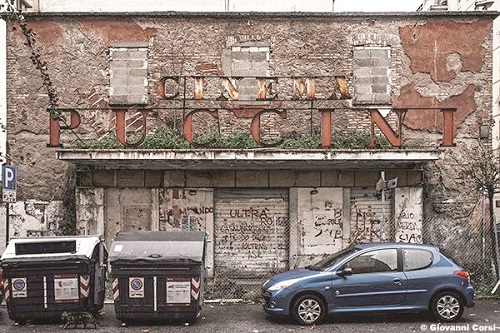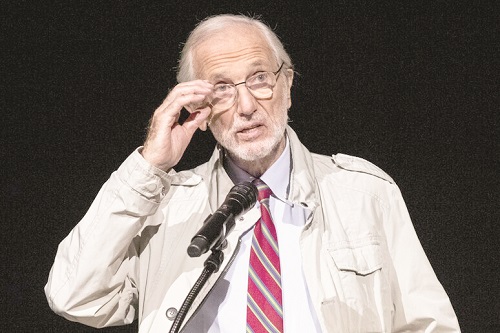Rome’s Old Cinemas Under Threat
TORONTO – The impact or significance of cultural spaces is usually only contemplated when such outlets become scarce or inaccessible. To those who work in creative industries or ply their trade in the arts, the impact is obvious. But whether or not you believe that various art houses like movie theatres, music halls or art galleries for example are vital to the socio-economic heartbeat of a city, cultural spaces have been a mainstay since complex civilization began.
One of history’s oldest cities – Rome – is about to find out what it’s worth to the community. In the past decade, the Eternal city has seen over 100 movie theatres close down, many of which date to the early 20th century. The fate of these theatres has varied however, seeing some succumb to bingo parlours or supermarkets while others like Cinema Troisi (in Trastevere) and the Fiamma (near Via Veneto) are enjoying a revitalization.
But a proposed legislation, scheduled for a vote next week, might change Rome’s cinema landscape forever.
The impending legislation, if passed, could remove existing restrictions that have curbed commercial developments from converting Rome’s historic cinemas into non-cultural spaces. Up to 50 movie theatres which are currently abandoned could become shopping malls and multiplex facilities. Most would likely see this as a no-brainer. Others view this as sacrificing cultural heritage for higher profits.
One such person is Architect Renzo Piano, famed creator of the Centre Georges Pompidou in Paris, The Shard in London and the Parco Della Musica in Rome. Piano penned an open letter in La Repubblica on February 20th petitioning Roman legislators to preserve their history.
Piano: “Those spaces, whether active or abandoned, represent the last lungs of oxygen for our cities, increasingly saturated with cars, shopping centers, hotels and vacation homes. The opening to the reconversion of those areas will become the tombstone of our metropolises in a few years, damaging everything, including retail trade. If the cinemas can be converted, after a few years of closure, into places exclusively aimed at profit, the value of those properties will rise, and the decline of essential places of culture, such as movie theaters, will be inevitable”.
Since Paino’s published letter 7 days ago, over 500 filmmakers have endorsed his message and signed an appeal. Support comes from the likes of visionary filmmakers like Francis Ford Coppola, Jane Campion, Spike Lee, Wes Anderson, David Cronenberg and Martin Scorsese to name a few.
The Oscar winning director of The Departed echoed Paino’s sentiments in an open letter of his own: “A profound sacrilege not only to the city’s rich history but also to the cultural legacy for the future generations…this letter is also personally addressed to President Sergio Mattarella and Prime Minister Giorgia Meloni to prevent any conversion of the cultural spaces in Rome. It’s our duty to transform these abandoned ‘cathedrals in the desert’ into true temples of culture, places capable of nourishing the souls of both present and future generations.”
In the pics: Renzo Piano and an old, abandoned cinema in Rome
Massimo Volpe is a filmmaker and freelance writer from Toronto: he writes reviews of Italian films/content on Netflix





